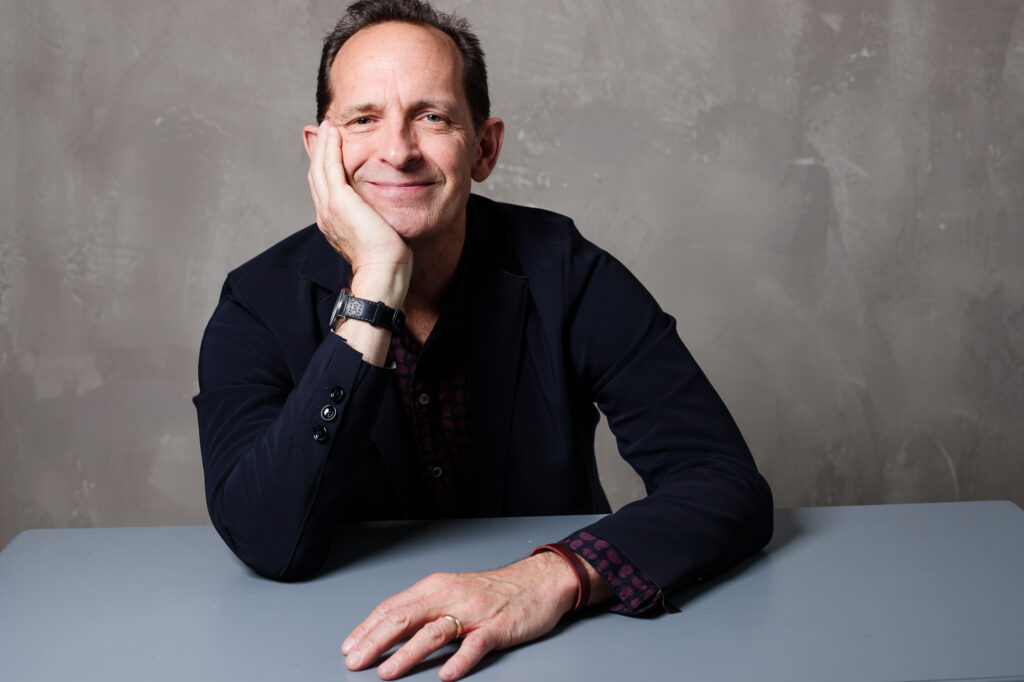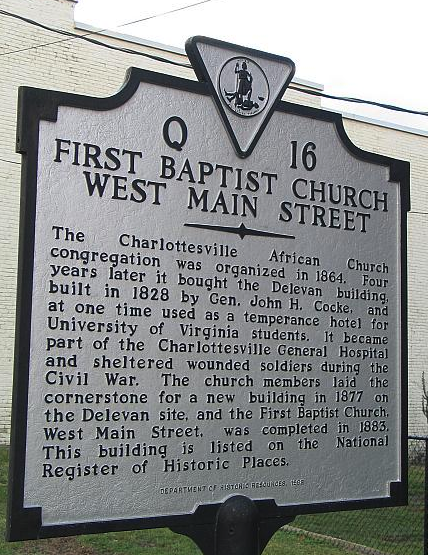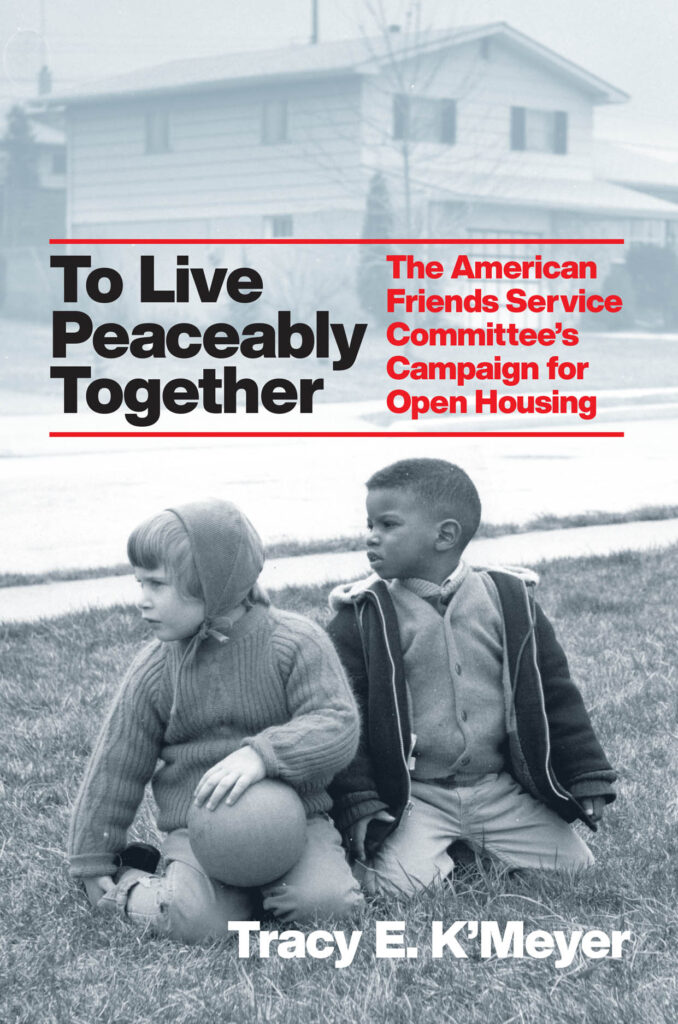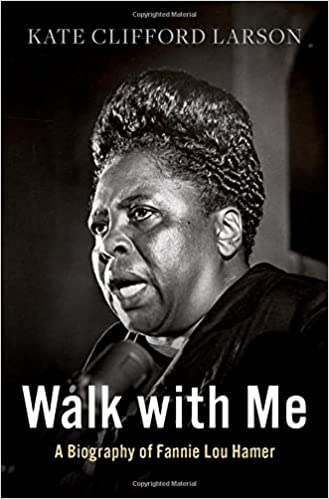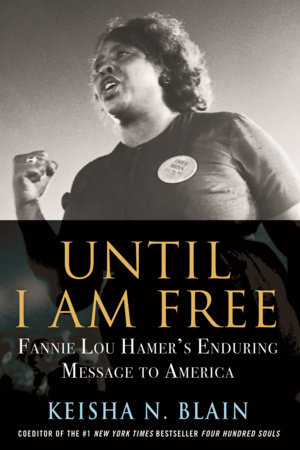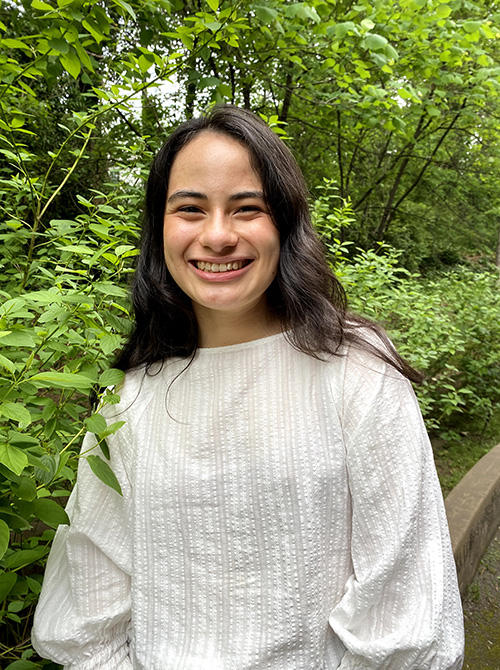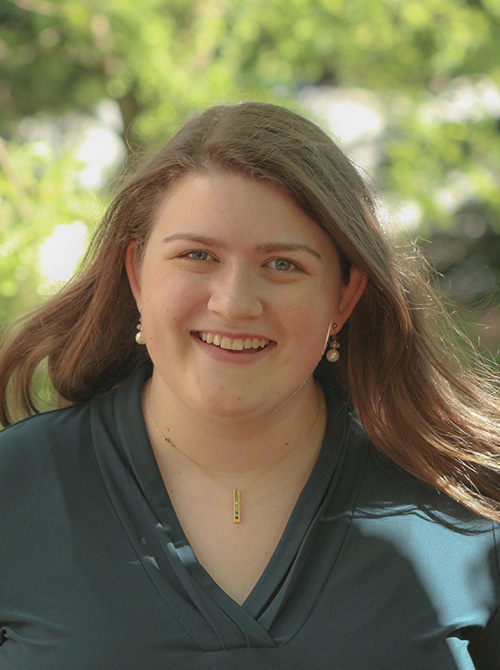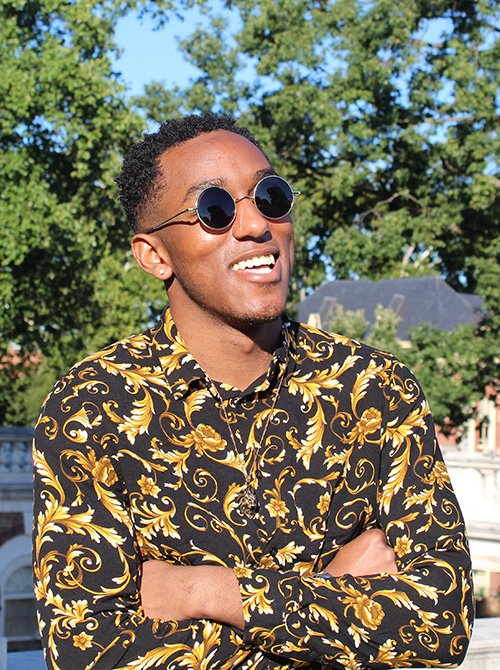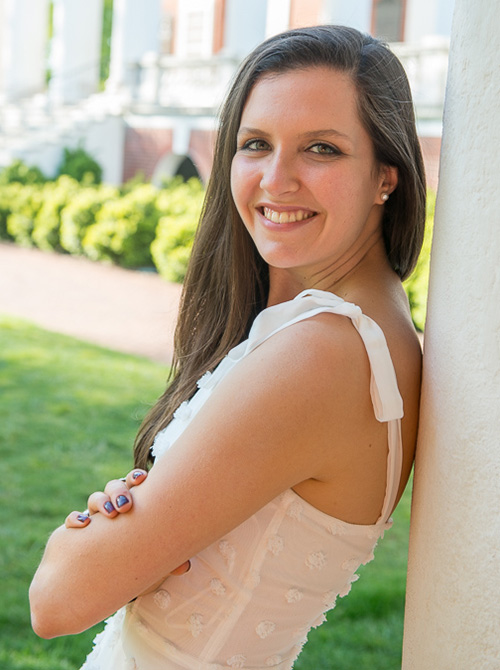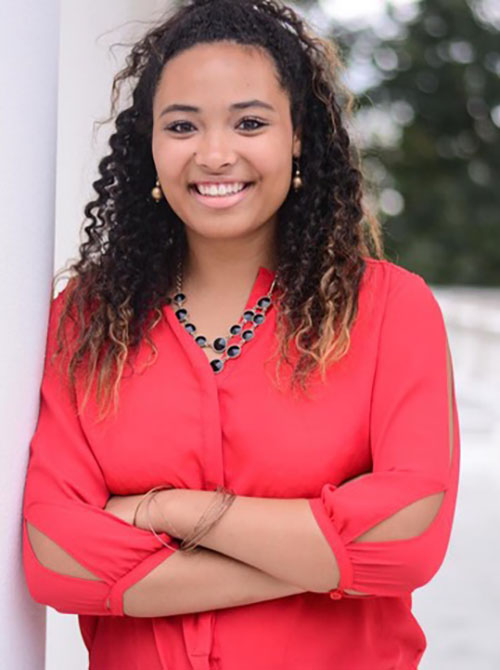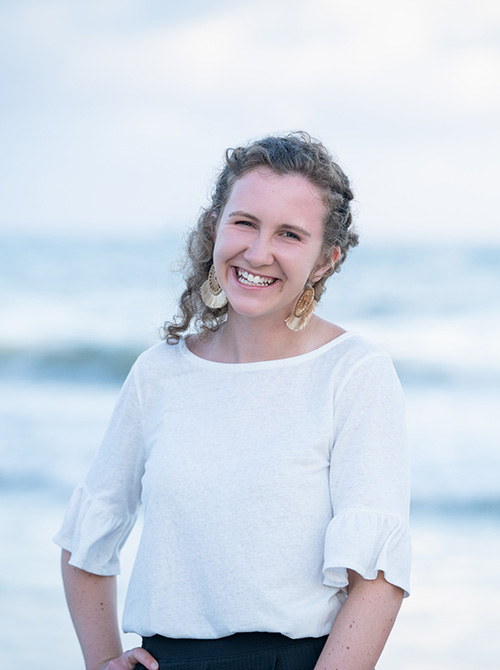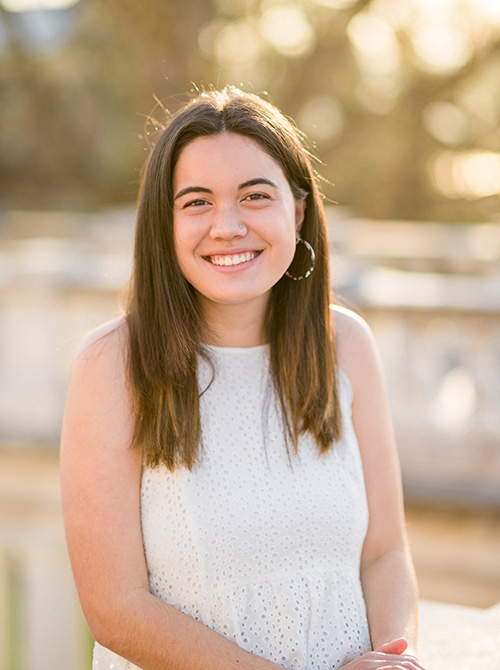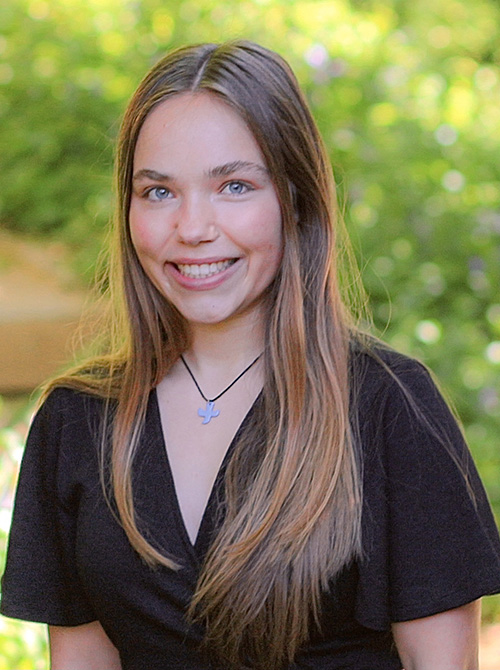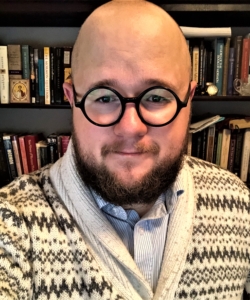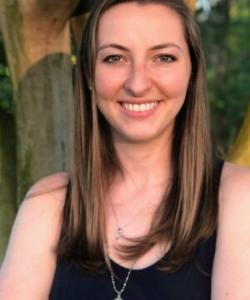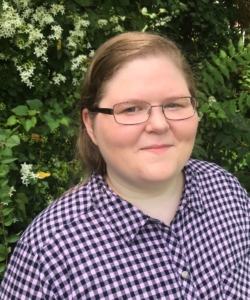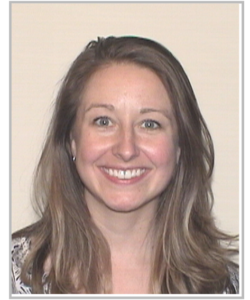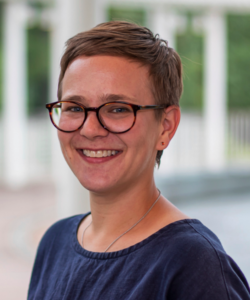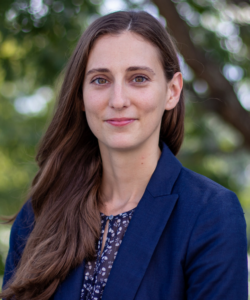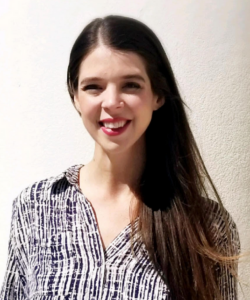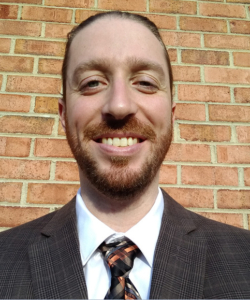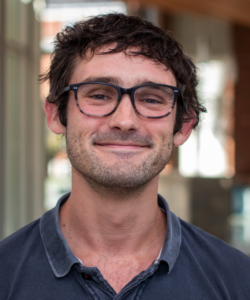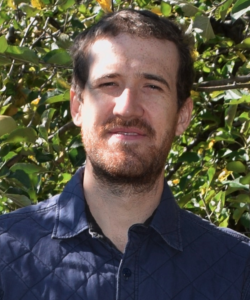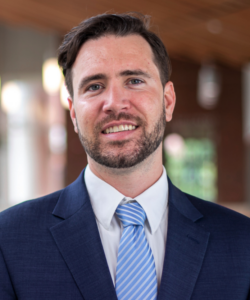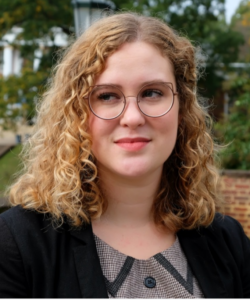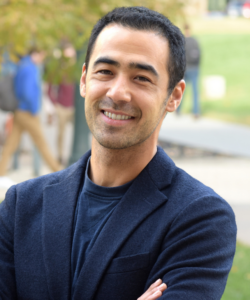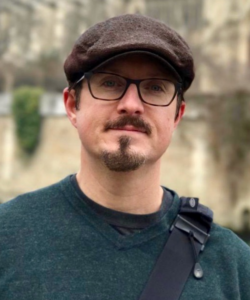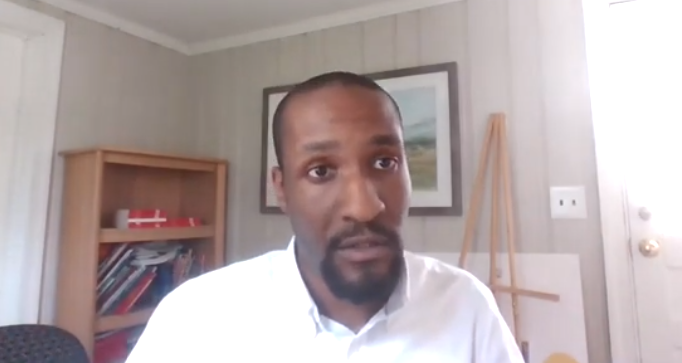by Emily Miller, 2022 Undergraduate Summer Research Fellow in Lived Theology
The day I first found out that Charlottesville had two First Baptist Churches, it felt like something of a footnote. I was attending a lecture on racial reconciliation for a CIO leadership program, and the speaker was discussing the tendency for homogenous racial groups to stay together, particularly in faith communities.
“There’s actually two Baptist churches in Charlottesville–Main and Park–who used to be one, but split, and now are two,” he said. “And they’re still segregated today.”
And with that, the lecture moved on, and there was nothing more to say about the two First Baptist Churches. I sat still, admittedly having stopped paying attention too closely and instead thought about the two churches. First Baptist Church on Main Street was just a few blocks from where I was living at the time of the lecture. I drove by it nearly every single day. I knew people who attended First Baptist Church on Park Street. And yet, I had no idea–and frankly at the time, no reason to care–about the deep, profoundly complicated relationship between and histories of each of the congregations.
I was dumbstruck. Charlottesville had become my city, and I claimed to be someone who was socially aware of what was happening within the city limits. And still, right under my nose was a story that I would come to find reverberated across the culture of Charlottesville, UVA, the state of Virginia, and even the Southern Baptist Convention.
With the fellowship opportunity from the Project on Lived Theology, my digging began. Mornings spent between classes in downtown Charlottesville at the Albemarle Historical Society became my newest obsession, and every visit has unlocked something new: tales of heroic activism in people like Fairfax Taylor, the closest thing to Virginia royalty in the old-money Cabell family, and even a murder involving a local church historian. Each intertwining thread, when carefully untangled and woven back together, forms a microcosmic narrative reflective of the imbalance that exists in the (dare I say, increasingly) separate two Baptist churches of the United States: black and white.
And now, with the start of the summer, I’m eager to become a mouthpiece that brings the truth to life. All of the church history is here, in our city, but it’s also disconnected: profound authenticity hides within a vast number of newspaper clippings, dusty old books, penciled-in family trees, and court records. I’m hoping to begin to produce a narrative by the end of this summer that brings all the pieces together in such a way that we can tell the story beyond a footnote.
In the midst of it all, I’m met with an essential question: where is the kingdom of God in this story? Where is the Jesus of liberation? We’re talking about churches after all. I say truthfully that a dim yet distinct undercurrent of hope has infused every account of church history I’ve read. I sense a strong spiritual passion–what Richard McKinney describes simply in his account of First Baptist on Main Street as “Keeping the Faith”– permeating the history of civil rights in Charlottesville.
I can’t wait to dig deeper.
Learn more about the Emily’s Undergraduate Summer Research Fellowship in Lived Theology here.
The Project on Lived Theology at the University of Virginia is a research initiative, whose mission is to study the social consequences of theological ideas for the sake of a more just and compassionate world.

